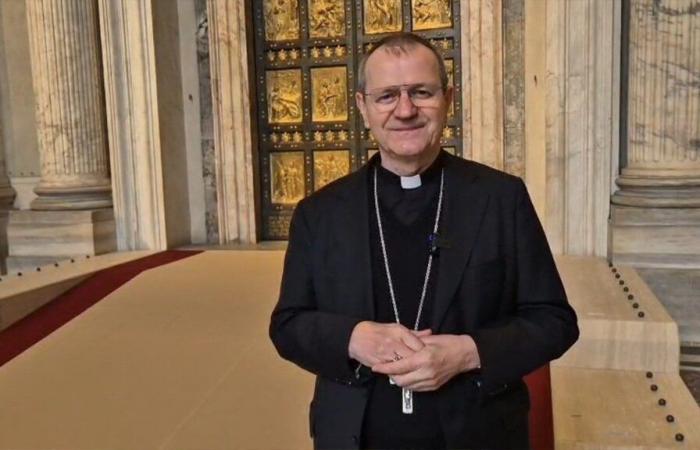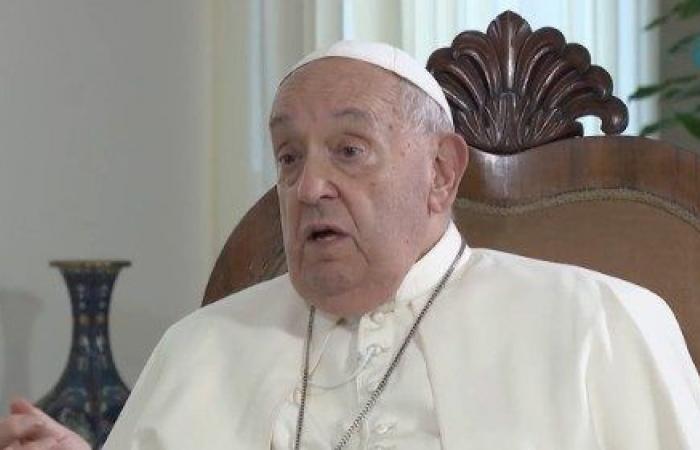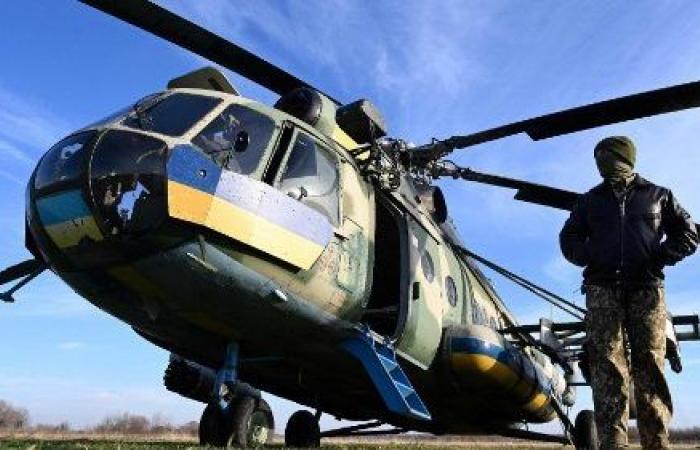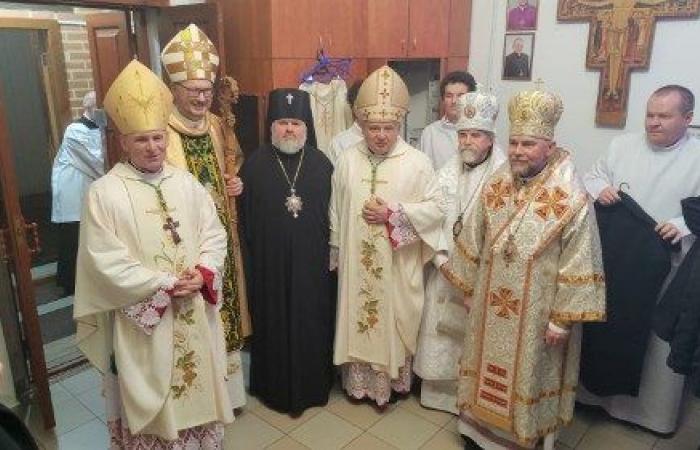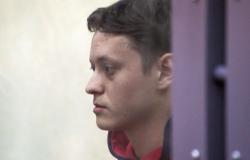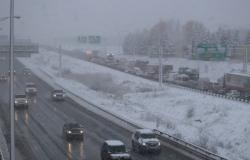The president of the Polish Episcopal Conference, current Metropolitan Archbishop of Gdansk, looks back on the extraordinary wave of solidarity which has moved from Poland to Ukraine since the invasion of the country by Russia in February 2022. He confides his hope for the year to come.
Svitlana Dukhovych – Cité du Vatican
Of the two million displaced people who crossed the border at the start of the Russian invasion, today it is estimated that around one and a half million Ukrainians have found a new home on Polish soil, many a job, a new beginning. And this generosity,we always try to feed her», assures the president of the Polish Episcopal Conference to the Vatican media, hoping that the Christmas holidays will finally bring peace.
What impact have the tragic events linked to the war in Ukraine had on the life of the Church in Poland?
The first thing that must be said is that John Paul II, like Pope Francis, has said on several occasions that every war is a defeat for humanity. I think this is precisely how we should view the war that continues in Ukraine and should end. Obviously, like all wars, it arouses, on the one hand, indignation and anger and, on the other hand, sensitivity and humanity. And as far as the Church is concerned, I must highlight sensitivity towards the people who suffer from this conflict and who are on edge after having experienced various tragedies. War, of course, causes death, destruction, and therefore the Church in Poland – but I believe also throughout Europe – experienced this period as a great drama in which, however, it really tried to provide help.
I can speak in particular about the Church in Poland, which immediately organized itself to provide different types of support. And I must say that from the first moment, all the faithful, the dioceses, the parishes, the priests, the religious, practically everyone mobilized to collect funds and make them available to those who were in the need. This aid is particularly coordinated on site by Mgr Edward Kawa [ndlr, il est l’évêque auxiliaire de l’archidiocèse de Lviv des Latins, responsable de l’aide humanitaire qui arrive des organisations liées à l’Église catholique]. I know that hundreds of thousands of trucks have left with food, various hygiene products and other basic necessities. We know that we are in the third winter of the war, which is also why large amounts of financial aid have been collected in parishes and dioceses to support the population.
Another big response was the welcoming of refugees. Since the start of the war in Poland, perhaps more than two million have crossed the border, welcomed in parishes, presbyteries, houses of spiritual exercises, even families… Wherever hospitality could be given, it was. Over time, many Ukrainians moved to other Western countries, some even to Scandinavia. Currently, according to the information we have, there are about one and a half million displaced people in Poland, maybe less. A good number of them are people who have settled down and found employment. Those who wished could benefit from PESEL, i.e. state registration [ndlr, en polonais «Powszechny Elektroniczny System Ewidencji Ludności», c’est-à-dire «Système électronique universel pour l’enregistrement de la population»]. Children could also go to school.
In your opinion, what are the underlying reasons for this generous response, for the welcome given by the Polish people to their neighbors?
More than once I noticed that when something happened, for example a natural disaster, people immediately mobilized. There was a war here and most of us know what that means, there are still many people who lived through World War II. So that's one of the reasons. Then, the images and news coming from Ukraine, the destruction, the hatred of the aggressor, these terrible killings: all this made people feel concerned and wanted to help. The response was magnificent, I must say, in every way, and it is magnificent because we felt like brothers and sisters united by the need to face the same drama.
Nearly three years after the start of the war, what are the main initiatives taken by your episcopate to help those who suffer?
More than once we have insisted on the need to provide aid, always trying to maintain the emphasis on solidarity. We have also always prayed a lot in the parishes to say: “Look, we must continue to help the Ukrainian people,” and we also try to raise awareness of generosity and fuel it.
How did relations with the Churches of Ukraine develop during this period?
I think the relationships are good. There were several visits from both sides. Last year, the previous president of the Polish bishops' conference visited Ukraine to assess the situation. Relations are diverse with practically all Churches, but especially with the Roman Catholic Church and the Greek Catholic Church. We are now at Christmas, which is a celebration of hope, a celebration of joy, a celebration that speaks to us of the God who comes to be with us, to bring us peace, serenity, goodness. I hope that this period really is the beginning of something new, especially the beginning of the peace that Ukrainians so badly need. And I hope from the bottom of my heart that this peace comes, that the war ends, that people begin to rebuild their families, their normal lives, and that the Lord bless everyone.

